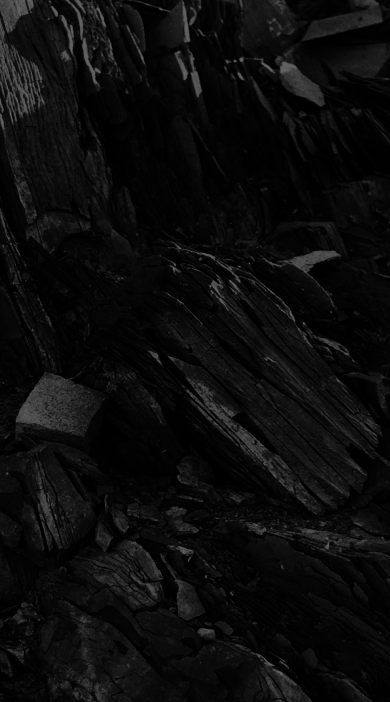Many of you have seen or bought home jewelleries or even wall decors for your living room from Etsy that are made up of corrugated tin. But for the people living in the slum near my house or in the village, corrugated tin is not a material to be bought to be worn or to adorn houses; it is used to make homes, and their lives are much different than ours.
People residing in the rural parts of Bangladesh can barely make ends meet; adverse climatic conditions like floods and droughts make agri-based earning difficult. This in turn further limits economic opportunities for the rural poor. They, in most of the cases, cannot either afford electricity or cannot avail to it due to infrastructural incompetency. In a country where summers have always been hot in and being worsened by global warming, this season for the rural cohorts, whose homes are built with corrugated tin, becomes unbearable.
While the urban population can afford air conditioning units, the rural pay the price by suffering. They are the victims for losing out on the lottery of life. In a dreadlock where maintaining three meals a day is difficult, air conditioner or even have electricity connection is a luxury that these people cannot indulge in. When they have greater incomes, families living in rural areas or in the slums of Dhaka do have access to electricity but an air conditioning unit is simply a pipe dream for them.
One Bangladeshi figured out a way to deal with the heat waves; Asish Paul designed a “zero-electricity” air conditioner called Eco-Coolers to combat this challenge. All it needs to make them is a board with holes bored on them and some plastic bottles. The board, which is the base of the Eco-Cooler, is cut out according to the specifications of the window where it will be placed; bottleneck sized holes are made into the board in even rows and columns, forming a grid. The bottoms of the empty bottles are cut off while the funnel shaped bottlenecks are placed in the holes in a way so that the wider part of the bottles face outward. The board is then placed on the windows. Hot air passing through the bottles become compressed, thus lowering its temperature.
This affordable, sustainable innovation has managed to lower temperature of a room by 5 degree Celsius during its test runs. Ashish Paul and his team have collaborated with Grameen Intel Social Business Limited to install over 25000 units all across Bangladesh, that they gave away for free. The first prototype was tested around March last year and by this February, Eco-Cooler was ready to be executed. Though the implementation phase commenced at Rajbari, project now has spread in small scale across Nilphamari, Daulatdia, Paturia, Modonhati and Khaleya regions of Bangladesh.
Additionally, households in these districts have been taught to make Eco-Coolers by themselves, an initiative to empower the rural poor with the knowledge to make their lives a bit easier. The team also encouraged them to pass on the knowledge by teaching others around them and by putting up “how to” steps on their website.
However, since the Eco-Cooler has to be placed on the windows, it obstructs sunlight from getting in. Also, wind speeds might not always be enough to implement this innovation in urban houses.

